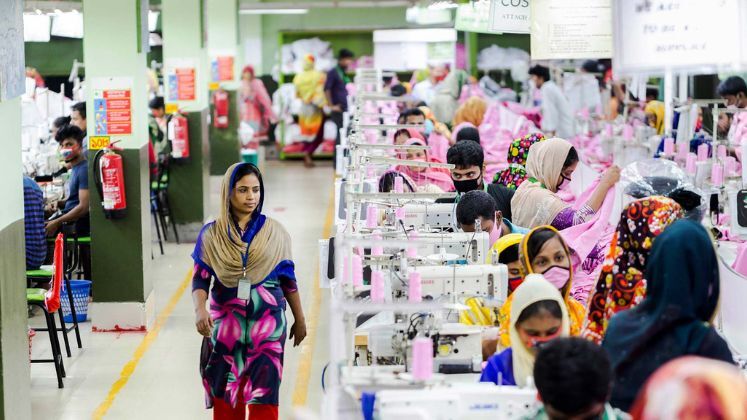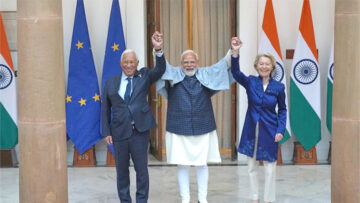
A worrying trend in the most recent data from the US and the EU is the sharp drop in prices paid for imports of Bangladeshi clothing. The sustainability of the apparel sector may be threatened by this downward pricing change, according to data from January to August 2024 for the EU and January to September 2024 for the US.
In recent years, there have been several campaigns to bring about significant change, and the discussion surrounding purchasing patterns has grown in importance. However, as clothing manufacturers struggle with growing operating costs, the efficacy of these initiatives is also being questioned.
The cost of production in Bangladesh’s garment industry has increased by almost 50% in the last five years, according to Mohiuddin Rubel, the previous director of BGMEA. Higher wages, rising electricity costs, and notable increases in the price of raw materials are some of the causes of this increase. Manufacturers’ profit margins are also being squeezed by the industry’s growing air freight costs and higher bank interest rates.
Bangladesh has established itself as a pioneer in sustainability measures in the global apparel business in spite of these obstacles. Experts caution that successful cooperation throughout the whole supply chain is necessary to achieve long-term success in this field. They stress that in order to match expectations and guarantee that ethical business practices are reflected in pricing, buyers, manufacturers, and stakeholders must collaborate.






